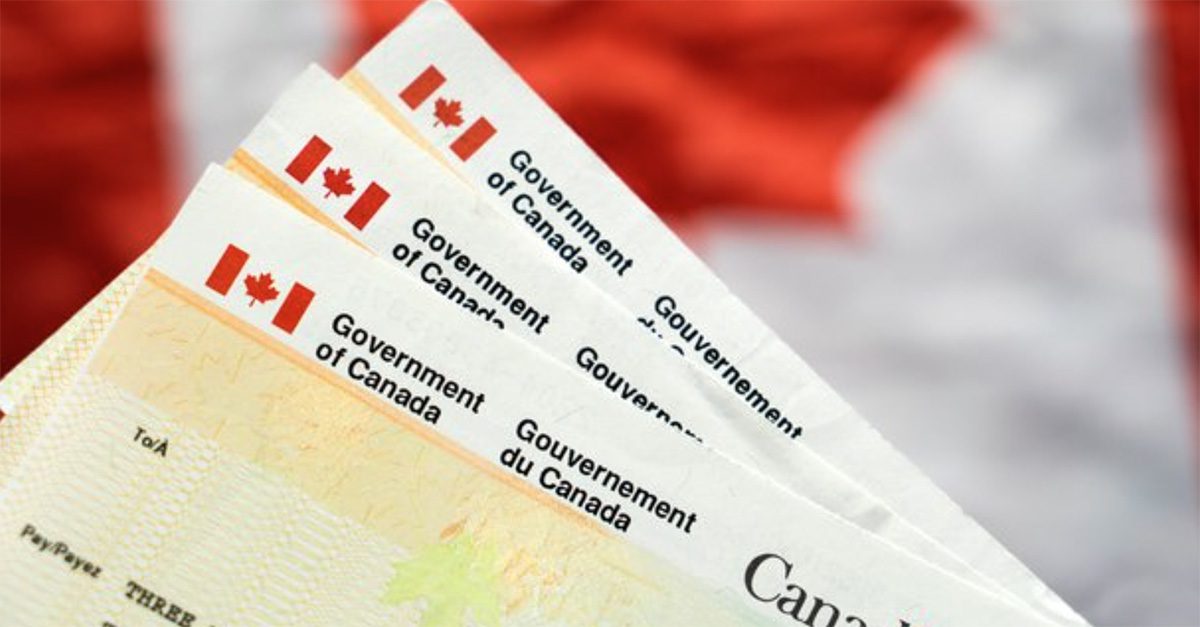
Government programs like Employment Insurance (EI) and the Canada Emergency Response Benefit (CERB) provide crucial support when you’re unemployed or facing financial hardship. However, if you receive payments you’re not entitled to, the amount of overpayment becomes a government debt that must be repaid. If you’re struggling with such debts, you might be wondering if government overpayments can be included in bankruptcy. The answer isn’t always straightforward.
Government overpayments can come from various sources: EI, CERB, Ontario Works, or the Canada Pension Plan. When facing bankruptcy, it’s crucial to understand how these debts are treated. This is where Section 178 of the Bankruptcy and Insolvency Act (BIA) comes into play.
Table of Contents
Government Overpayments and Bankruptcy
Section 178 of the BIA outlines which debts survive bankruptcy. Of particular importance is Section 178(1)(e), which states that debts arising from false pretenses or fraudulent misrepresentation are not discharged by bankruptcy.
The key factor is the government’s interpretation of your intent. Overpayments due to a false declaration are clearly fraud and, as such, will not be discharged. However, what happens when there is an error or honest mistake? This is where things get cloudy.
The 2021 Nova Scotia Supreme Court case of Stoddard (re) provides valuable insight. In this case, the debtor admitted to knowingly filing false EI claims. The court ruled that this debt was not dischargeable through bankruptcy due to its fraudulent nature.
This case highlights a crucial point for debtors: the circumstances of your overpayment matter. If you received benefits you weren’t entitled to due to an honest error, bankruptcy may offer relief. However, if the overpayment resulted from intentional misrepresentation, you might still be responsible for repayment even after bankruptcy.
The implications for debtors can be significant. A non-dischargeable debt means you’re still responsible for repayment after bankruptcy. It can affect your ability to obtain an absolute discharge and impact your financial future.
Bankruptcy Treatment of Overpayments
Here’s a breakdown of how bankruptcy typically affects various types of overpayments:
Employment Insurance (EI): The treatment of EI overpayments in bankruptcy can be complex. While they may be considered fraudulent in some cases, the practical reality is that they’re often discharged if the overpayment resulted from an honest mistake. Each case is evaluated individually, taking into account the circumstances of the overpayment.
Canada Emergency Response Benefit (CERB): Generally, CERB or CRB overpayments are dischargeable in bankruptcy. This means that if you file for bankruptcy, you may be relieved of the obligation to repay CERB overpayments, provided they weren’t obtained through intentional misrepresentation.
Ontario Works: Overpayments from Ontario Works are typically dischargeable in bankruptcy. This means that filing for bankruptcy can eliminate the debt from these overpayments unless there was intentional misrepresentation.
It’s important to note that while these are general guidelines, the specific treatment can vary based on individual circumstances and the nature of the overpayment. Be open and honest with your Licensed Insolvency Trustee. Be upfront about all debts, including overpayments, so they can provide the best guidance.
Considering bankruptcy?
Government’s Right of Offset
Even if a government overpayment is dischargeable in bankruptcy, it’s crucial to understand the government’s right of offset. This right allows the government to recover overpayments by deducting them from future benefits or tax refunds you may be entitled to receive.
For example, if you have a dischargeable EI overpayment and later become eligible for EI benefits again, the government may reduce your future EI payments to recover the previous overpayment. Similarly, they might deduct the amount from your tax refund.
This right of offset can continue even after a bankruptcy discharge, which means that while you may not be legally obligated to repay the debt directly, the government can still recoup the overpayment through future benefits or refunds.
Considering Bankruptcy
If you’re considering bankruptcy and have government overpayments, talk with a Licensed Insolvency Trustee. While the Canada Revenue Agency (CRA) may not actively pursue collection for some overpayments post-bankruptcy, this doesn’t necessarily mean the debt is discharged.
Consider your overall debt situation. Even if you have non-dischargeable debts like certain government overpayments, filing for bankruptcy may still be beneficial. Bankruptcy can eliminate other unsecured debts (including credit cards and payday loans), improving your overall financial situation. This can make it easier to repay any non-dischargeable debts, including overpayments, as you’ll have fewer other debt payments to manage.
Are you dealing with government overpayments and considering bankruptcy? Don’t face this complex situation alone. Contact Hoyes Michalos today to book a free consultation with a Licensed Insolvency Trustee. Our experienced team can help you understand your options, including bankruptcy or a consumer proposal, and find the best path forward for your financial future.





